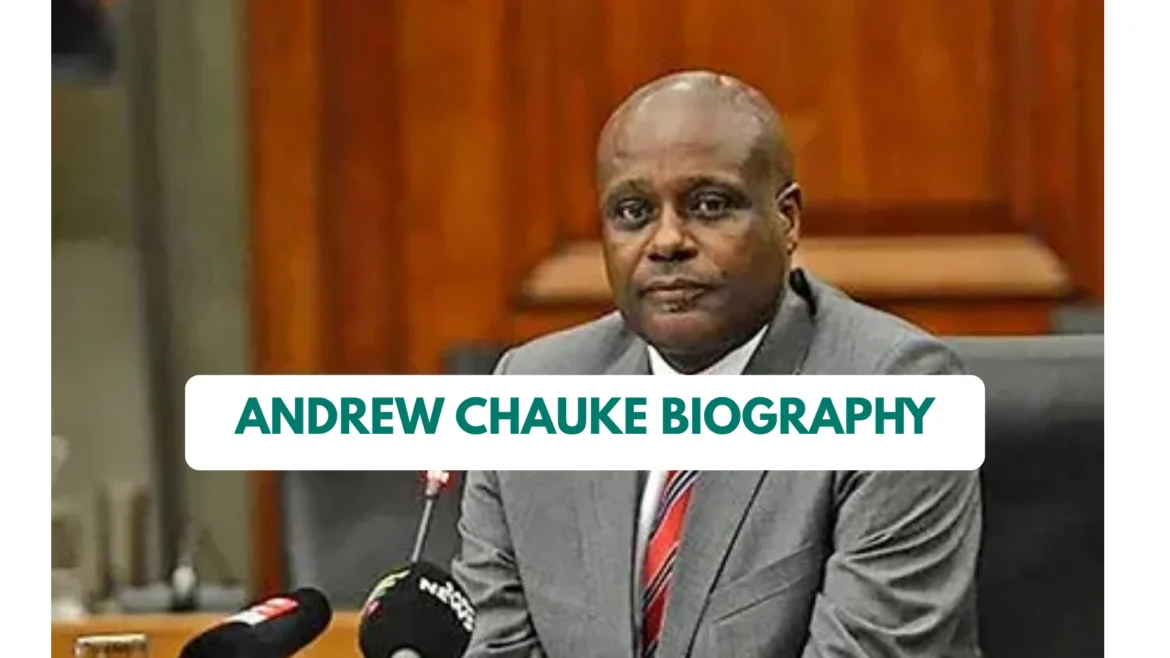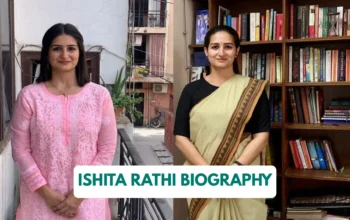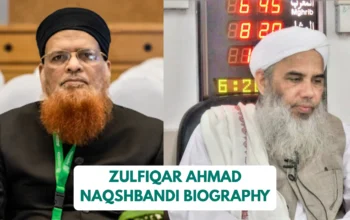Andrew Chauke is a senior South African legal practitioner best known for his long tenure as the Director of Public Prosecutions (DPP) for South Gauteng — effectively Johannesburg’s chief public prosecutor.
Over decades in the National Prosecuting Authority (NPA), Chauke developed a reputation as a powerful figure in the Gauteng justice system, presiding over some of the country’s most sensitive and politically charged prosecutions.
More recently he has been the focus of formal inquiries and public controversy over decisions in high-profile cases.
Bio Data
- Full Name: Andrew Chauke
- Born: Not publicly confirmed
- Age: Not publicly confirmed (sources say exact date of birth is not known)
- Nationality: South African
- Occupation: Lawyer, Prosecutor (former Director of Public Prosecutions, South Gauteng)
- Parents: Not publicly disclosed; according to some reports his father had several wives.
- Siblings: Not publicly documented.
- Spouse: Reported to be married to Pumeza Futshane.
- Net Worth: Estimated (unofficially) to be between US$200,000 and US$1 million, though not confirmed.
Early life and education
Public sources indicate Andrew Chauke grew up in South Africa and rose through the local legal and prosecutorial ranks over many years. Like many senior advocates in the NPA, Chauke’s path combined legal study, courtroom experience and years within prosecutor offices before his appointment as a regional DPP. Exact details of his early schooling are not exhaustively documented in public profiles, but reporting and profiles suggest a steady career progression through the NPA and related legal posts.
Career highlights
Chauke was appointed Director of Public Prosecutions for South Gauteng in 2011, placing him in charge of prosecutions in one of South Africa’s busiest judicial regions. In that role he oversaw major criminal matters heard in the Johannesburg High Court, including organized-crime, corruption and state-linked cases. Over the years the office he led handled numerous politically sensitive matters that attracted national attention.
Key characteristics often attributed to Chauke by legal commentators include a strong managerial role in shaping case priorities and an ability to navigate the political pressures that accompany high-stakes prosecutions in Johannesburg. Supporters have described him as experienced and methodical; critics have accused him of inaction or selective handling in certain matters. These competing narratives have been central to how his public profile has evolved.
Notable cases and controversies
During his tenure as South Gauteng DPP, Chauke’s office was linked to a number of controversial or delayed prosecutions. Media reporting over several years flagged the handling of cases related to high-profile figures and allegations of state capture, and some prosecutions generated questions about the pace and direction of investigations and charges. In 2022–2024 and beyond these issues were repeatedly raised by civil society, journalists and political actors.
By 2023 and into 2025, scrutiny intensified. Specific cases which drew public attention included long-running prosecutions where critics said charges were delayed or ghosted and other matters alleged to have been improperly handled — claims that Chauke and his defenders have strongly disputed. The competing accounts fed into wider debates about the NPA’s independence and performance in prosecuting corruption.
Suspension and formal inquiry (2025)
In mid-2025 Andrew Chauke was suspended amid mounting allegations and the establishment of a formal inquiry into his fitness to hold office. The suspension and subsequent Nkabinde inquiry placed Chauke at the centre of a national conversation about prosecutorial accountability and the integrity of the criminal-justice system. The inquiry is chaired by a retired judge and has taken public evidence on whether Chauke exercised his duties properly in specific matters.
The inquiry’s public hearings and testimony — including statements by the National Director of Public Prosecutions — represent a critical chapter in Chauke’s career. His legal team has defended his record and longevity in the service, while prosecutors and oversight bodies have argued the inquiry is necessary to restore public confidence in prosecutorial decision-making. Coverage of the hearings indicates both legal complexity and strong public interest.
Public image and responses
Andrew Chauke’s public image is polarised. To some colleagues and defenders, he is a seasoned prosecutor with four decades of experience and an otherwise unblemished record; to critics, his name has become associated with questions about selective prosecution and institutional vulnerabilities within the NPA. The public controversy has highlighted the difficulty of separating legal discretion from political interpretation in high-profile prosecutions.
During the inquiry and in media statements, Chauke’s lawyers emphasized his long service record and urged a measured assessment rather than assumptions of wrongdoing. At the same time, victims’ advocates, oversight bodies and some members of the public have demanded full transparency and accountability where decisions appear to have impacted justice in sensitive cases.
Personal life and privacy
As is common for senior legal officials, many personal details about Chauke — such as family life and private interests — are treated as low-profile in public reporting. Where such details are available in the public domain they are generally limited and secondary to coverage of his professional role. Responsible profiles therefore focus on career, public record and official actions rather than on private life.
Legacy and significance
How history will judge Andrew Chauke depends in part on the outcomes of ongoing inquiries and any lasting reforms to prosecutorial governance. His long tenure and management of one of South Africa’s busiest prosecution offices mean his decisions have had measurable effects on criminal justice in Johannesburg and the surrounding region. Whether his legacy will emphasize institutional leadership or controversy will be shaped by inquiry findings, any disciplinary steps and broader reforms to the NPA.
Frequently Asked Questions (FAQs)
Who is Andrew Chauke?
Andrew Chauke served as the Director of Public Prosecutions (DPP) for South Gauteng, overseeing major prosecutions in Johannesburg. He has been a senior figure in the National Prosecuting Authority for many years.
Why has Andrew Chauke been in the news?
Chauke was suspended in 2025 and is the subject of a formal inquiry into his fitness to hold office after allegations about the handling of high-profile prosecutions. The inquiry has attracted national attention.
What is the Nkabinde inquiry?
The Nkabinde inquiry is the formal investigatory hearing chaired by retired judge Bess Nkabinde (and other panel members) assessing allegations about Chauke’s conduct and his fitness to hold office as a DPP.
Has Chauke been convicted of any crime?
As of the latest public reporting, Chauke has not been criminally convicted; the process in 2025 is an inquiry into fitness to hold office and not a criminal trial. Outcomes could include disciplinary or administrative actions depending on findings.
Where can I read official statements?
Official statements and announcements related to the inquiry and government actions are published by national media and, for presidential or NPA actions, official government or NPA channels. See reporting in major South African outlets for live updates.
Conclusion
Andrew Chauke’s career has been a central thread in South Gauteng’s prosecutorial history for more than a decade. He rose to prominence managing some of the country’s most consequential prosecutions, and that prominence has made him both influential and controversial. The suspension and subsequent inquiry in 2025 mark an important and unresolved moment for Chauke personally and for the NPA institutionally. How the inquiry concludes and any subsequent reforms will play a large role in shaping Chauke’s legacy — and in determining how prosecutorial accountability is enforced in South Africa.




